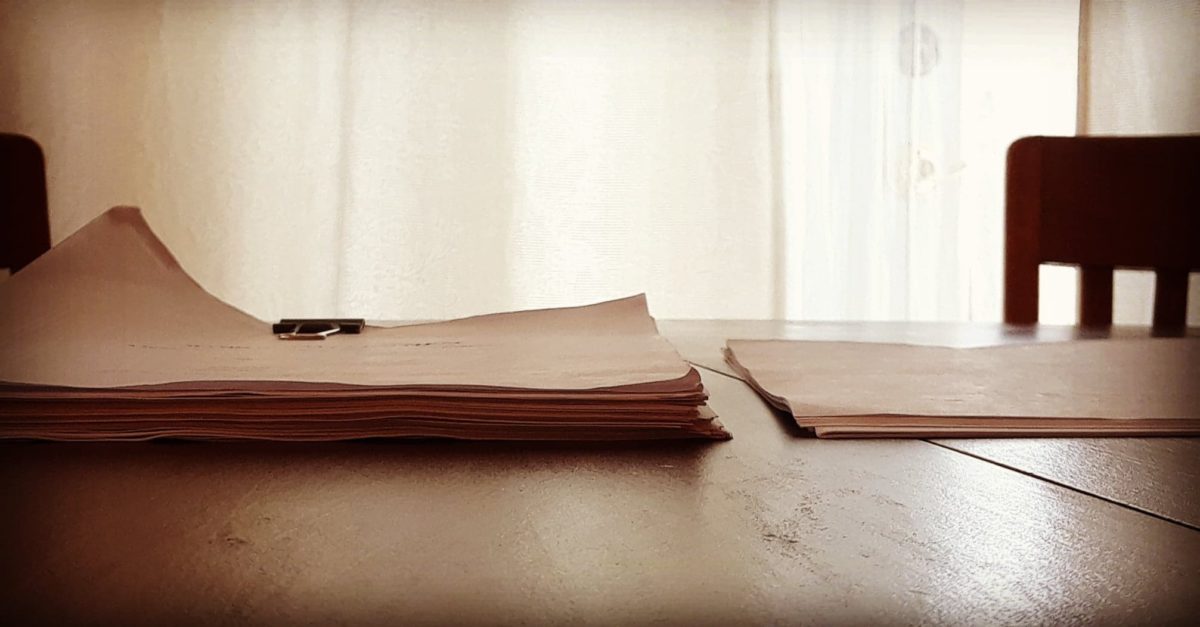After I discovered the Libby app, my Audible credits piled up, month after month. Periodically I’d pause the subscription for three months—because to permanently cancel, they make you click infinity clicks. Are you sure you want to go? Click here. *click* But, seriously. Really-really? Click here. Repeat. And that gets me every time. So I never actually cancel, just pause. I mean, they do have exclusive dealios, Arthur Ransome’s books, for instance. And that’s not nothing.
But last week I did it. Canceled.
I had, embarrassingly, six credits piled up, and picking six books to buy before bye-bye took me forever and an age. Okay, an hour. But it felt like forever. Had to cross reference my Goodreads “want to read” list of 577 titles with narrator’s voices and price and whatnot. (The book, of course, has to cost more than the credit to be worth that click.)
What does Audible have to do with Cooking School of the Air, you wonder? Well. Last week an asshole yellow jacket flew into my studio specifically to attack. Two days later, I woke to find my arm was swollen up like Popeye’s. So I spent a day in bed, EpiPen at the ready, watching yet another manic pixie dream girl movie, napping, getting rid of Audible, and, my favorite comfort, reading vintage cookbooks.

This is a long way of introducing you to Frances Lee Barton, who, along with Betty Crocker, (a woman I totally did not think was real), appears to have perhaps been an actual person. I first met Frances when my grandmother sent me home from a summer visit to her home in Lorain, Ohio, with a pile of her unused kitchen things, including her ring-bound year of recipes.
Evidently you could listen to Frances’s radio show every week, and then she’d send you recipes to put in your handy-dandy binder. And, evidently, my grandmother—or perhaps her mother, as a gift—signed her up for the year, for 25 cents.
During the last decades since the Frances binder came to my house, I have glanced through, reading a recipe here or there. But I didn’t really examine it until the fateful Popeye day last week. When I was younger, I found the idea, the font, the tone, the whole shebang… attractive. Appealing. But now that I’ve read Marion Nestle and Michael Pollan, I am suspicious of General Foods. You only get a whiff in 1934, but it’s there in nascent form, the sales pitch, the agenda, the paternalistic care for housewives, especially young brides “having so hectic a time,” that came to a fevered pitch after the war. Well. Once you see that fuckery, some of the ephemera-appeal wears off.
“MINUTE TAPIOCA TO THE RESCUE!”
Okay. Right.
Was my grandmother having “so hectic a time” in 1934? Did she need to be rescued by minute tapioca and the new Jello-O technology? Possibly? She was a young bride. But she was also competent. She had just given up teaching mathematics at the high school, because married women “weren’t allowed to take a job away from a man” — a fun fact she spit out, with venom. Somewhat frequently.
So I wonder. How useful was Frances Lee Barton? Was it the content that attracted her? Or did the predictability of the radio show and the arrival of the week’s pamphlet in the mail give her comfort? Because subscription predictability sure comforts me, the thought of something new, a treasure, arriving as if by magic. Highlights for Children when I was a girl, Cooks Illustrated when I was a young mother, and even my milk delivery now—these deliveries are certain, and certainty is a balm in uncertain times.
Well. Until that subscription becomes a burden, taunting, an automatic withdrawal from your bank account for something you cannot see.
But the lure! As soon as I canceled Audible, I immediately cast a glance at Persephone Books. For a hot second…! I imagined how wonderful that would be. Then came to my senses.
My grandmother only subscribed for a year—25 cents in 1934 would be about $4.79 today, according to the Internets. She was a practical woman, and likely decided it was not worth the expense. She counted pennies, actual pennies, and was a frugal woman. And, you know, I suspect it was easier to unsubscribe to Cooking School of the Air than it was for me to save that $16.49 a month with Audible.
What was the appeal? She was not one to wax philosophical. But I wish I could ask her.










